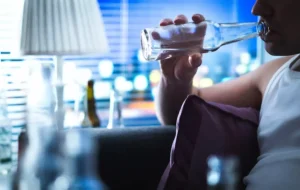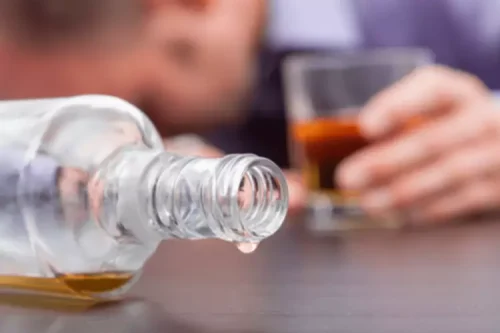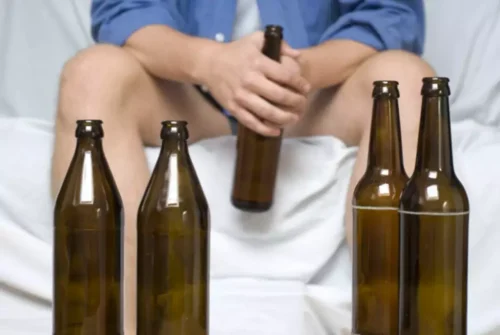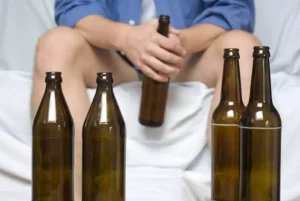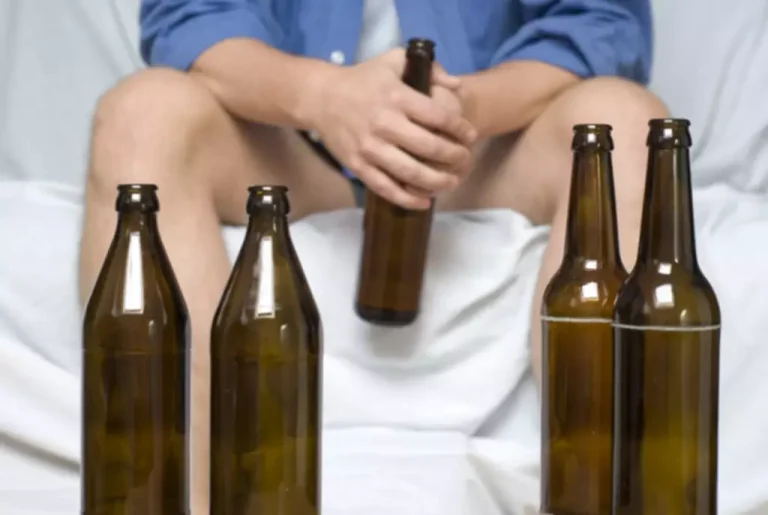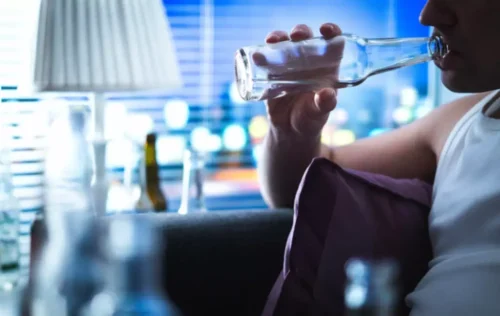How Long Does Molly Ecstasty MDMA Stay In Your Urine?
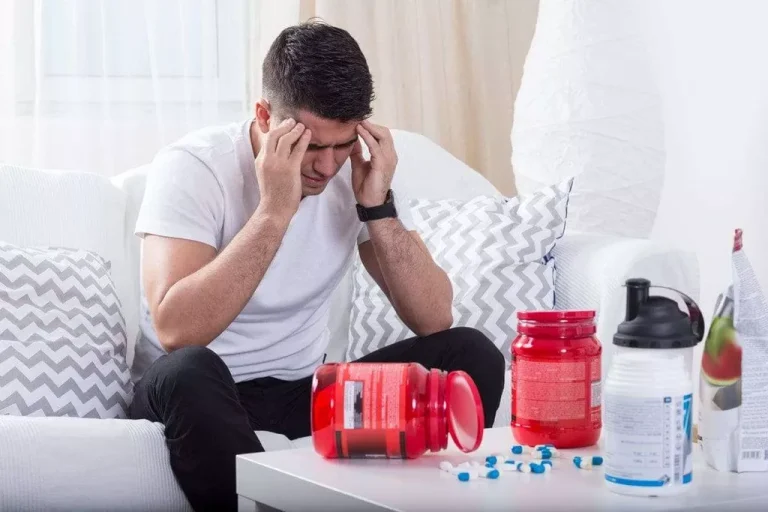
No matter how it’s consumed, MDMA eventually passes through the liver, where it’s broken down into other chemicals (metabolites) that are then eliminated through urine or sweat. For those seeking addiction treatment for themselves or a loved one, our calls are confidential and are available for 24/7 help. Addiction Resource does not offer medical diagnosis, treatment, or advice.
- If people take MDMA in a hot environment, like a crowded concert or rave, the risk of overheating, dehydration, and heatstroke increases.
- Neither this site nor anyone who answers the call receives a commission or fee dependent upon which treatment provider a visitor may ultimately choose.
- If you or someone you know is experiencing adverse effects from ecstasy, seek medical help immediately.
How Long Does Ecstasy Stay In Your Hair?
For the most accurate results, Substance abuse use the calculator with your personal habits, body composition, and metabolism. This is because body weight isn’t the key factor – even a skinny person has enough body fat to store all the THC they ingest. To give you the most accurate information, we’re even going to look at how long marijuana stay in the bodies of athletes, skinny and overweight people. Now, this calculator doesn’t just give you a number, it actually presents a chart showing how long weed will stay in your system. More specifically, it shows for how long weed can be detected in your urine for a drug test.
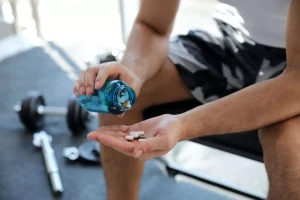
Blood testing
- So, too are people who have gone to rehabilitation or recovery centers to overcome addiction.
- Anchored Tides Recovery’s Partial Hospitalization Program (PHP) is designed for women who need intensive support while maintaining some level of independence.
- Generally, younger, healthier, and more active individuals can clear MDMA from their system faster than older individuals.
- Because of these variations, it’s important to know what kind of drug test you’ll be having if this is a concern for you.
- It’s a white powder or crystal-like substance and is often taken in the form of a pill or capsule, although it can also be snorted.
- If you or someone you love is struggling with Molly use, The Recovery Village Ridgefield is here to help.
Trials are currently underway to determine if MDMA is effective for PTSD, anxiety in terminally ill patients or social anxiety in autistic adults. Saliva tests are often used by law enforcement for quick screenings as they are non-invasive, easy to administer, and provide results within minutes. That said, this test method may not be reliable for detecting MDMA use beyond 2 days, especially for those who drink lots of water, as hydration can reduce drug levels in the saliva. When you ingest ecstasy in pill form, it begins to dissolve in the stomach before it’s absorbed into the bloodstream. People start to feel the effects within 30 to 45 minutes—effects can last for several hours. The combination of these effects can be tempting to some, but any regular use of ecstasy can trigger lasting harm to physical and mental health, including addiction.
How does MDMA work on your brain?
Molly is detectable in scalp hair up to about three months after ingestion. Once in the bloodstream, small amounts of the drug reach the network of tiny blood vessels how long does mdma stay in urine that feed the hair follicles. For example, younger people tend to have faster metabolisms, which means they can process MDMA more quickly than older adults. People who exercise regularly or have active lifestyles may also clear the drug faster.
- Don’t drink alcohol if you take molly since it can cause you to become extremely dehydrated, which can dangerously raise your body temperature and have severe side effects, including death.
- MDMA can cause a range of harmful effects on infants, such as trouble sleeping, irritability, and feeding problems.
- Some employers regularly ask you to be tested when you apply for a job.
- On the other hand, some medications can cause false positives for MDMA in urine tests.
Being the first point of contact for women seeking aftercare for their recovery in alcohol and drug addiction; I am driven & passionate about helping them with their next steps. I have always been passionate about helping others & this position allows me to see those dreams come to life. As you can see from the chart, molly leaves the blood fairly quickly, within a few hours, but lasts longer in other areas, particularly the hair. Because of these variations, it’s important to know what kind of drug test you’ll be having if this is a concern for you. Urine is the most common test used to test for MDMA, and you’ll usually test clean if it has been at least three days since you took molly.



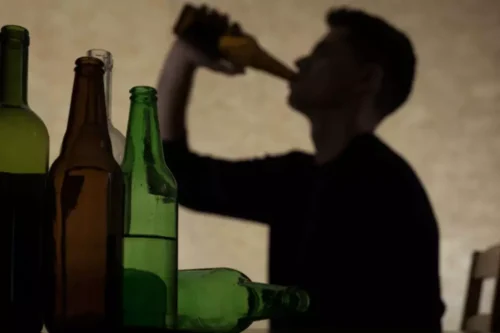

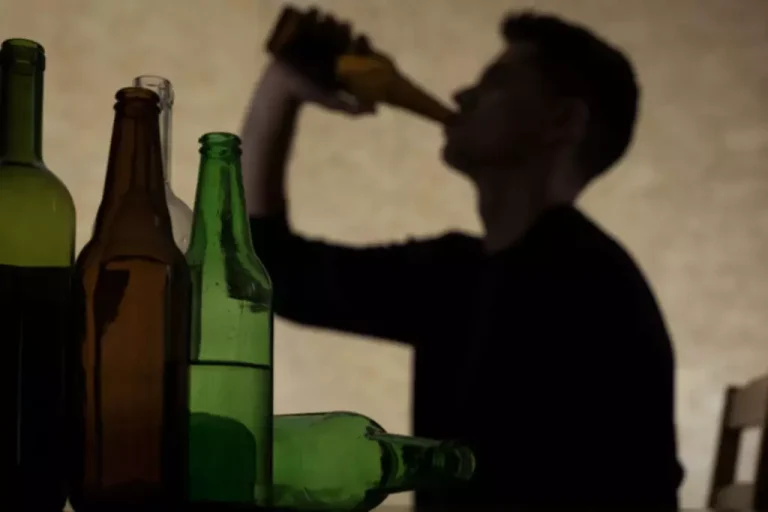



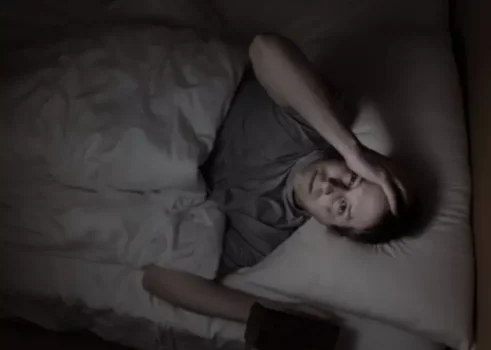

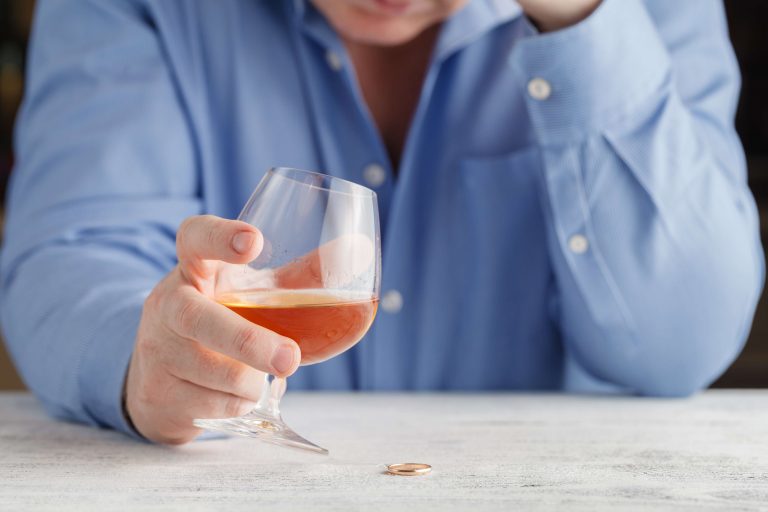

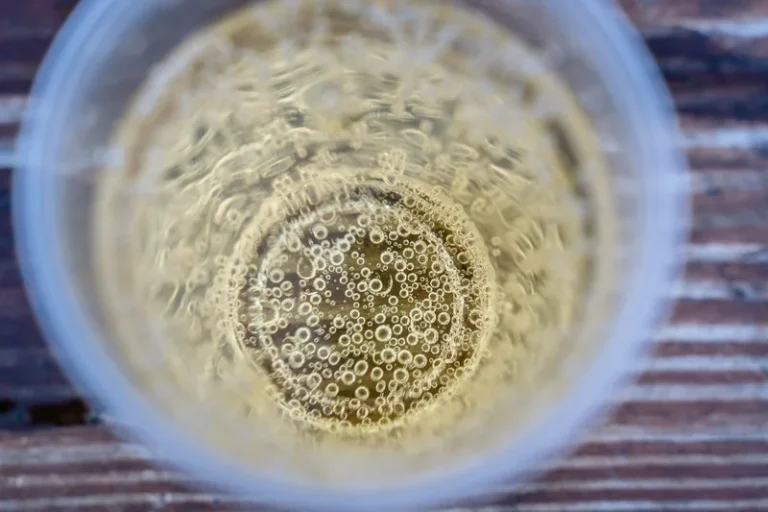
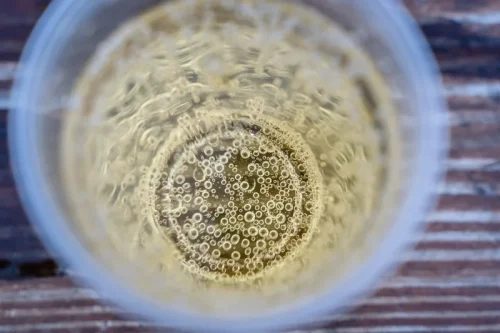
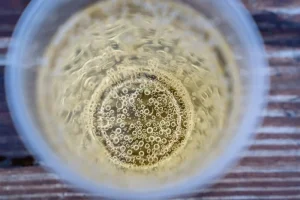

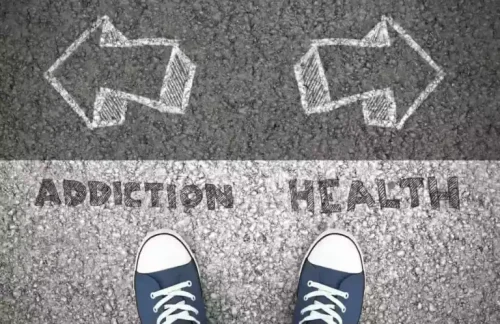
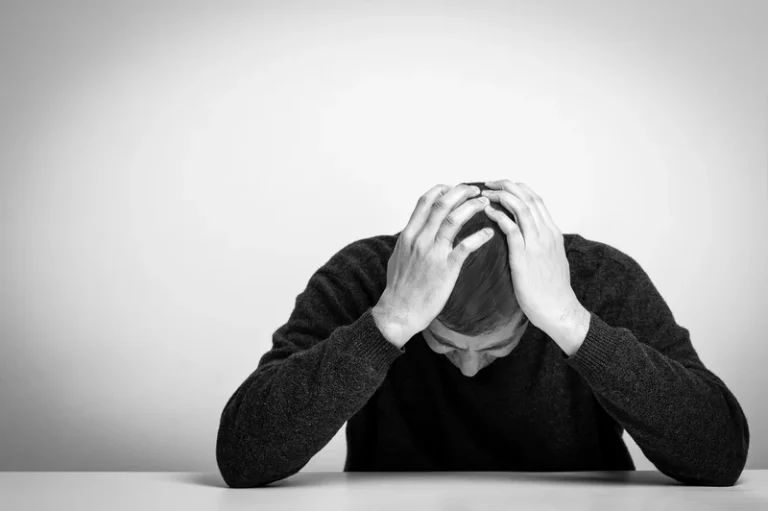
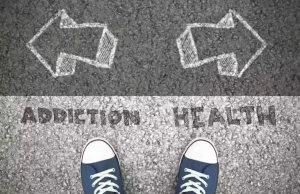
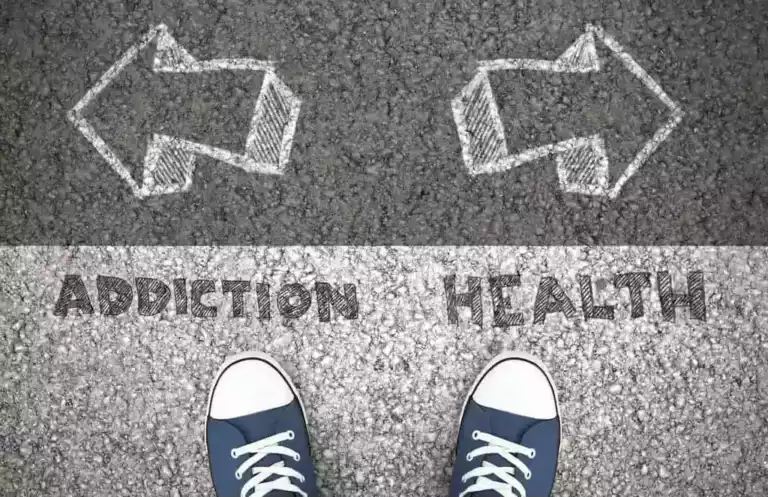
.jpg)
.jpg)
.jpg)

